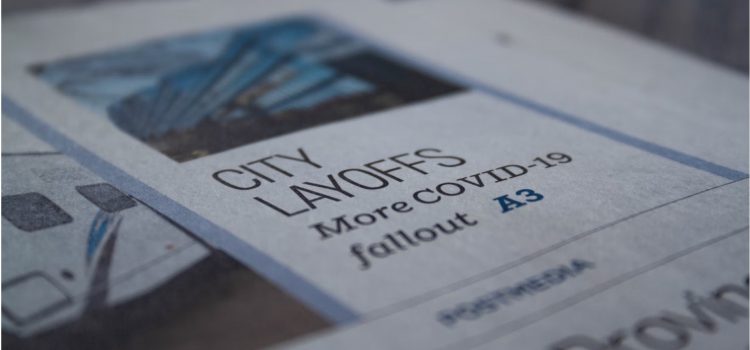
This is a free excerpt from one of Shortform’s Articles. We give you all the important information you need to know about current events and more.
Don't miss out on the whole story. Sign up for a free trial here .
What is the current state of pandemic unemployment? How did expiring pandemic benefits affect the worker shortage?
According to analysts, long-term changes brought about by the pandemic—including early retirements by millions and a changed attitude toward work—won’t likely reverse once the virus is totally under control. As society copes with the lasting impact of the pandemic, the labor shortage continues to be an issue in the workforce.
Keep reading for an overview of why pandemic unemployment might be here to stay.
The Reality of Pandemic Unemployment
Many economists predicted that expiring pandemic unemployment benefits and school reopenings would end the labor shortage that’s been a defining characteristic of the pandemic economy. Instead, the shortage has deepened. Workers quit their jobs in record numbers and the labor supply again declined. Many economists now expect the shortage to last years, and some predict that the labor participation rate will never return to pre-pandemic levels.
The continued shortages reflect long-term shifts in the workforce. Some of these are permanent, fundamental shifts, while others are more temporary, driven by pandemic-inspired changes. But even these temporary shifts are often deep and structural, and will take years to resolve.
Early Retirements
Between February 2020 and June 2021, 3.6 million U.S. workers retired, more than double the expected 1.5 million that would have retired based on pre-pandemic rates. These elevated rates were driven by baby boomers who were laid off when the pandemic first hit, found themselves facing age discrimination when trying to find new work, and thus decided to permanently retire. Others opted for early retirement even if they hadn’t been laid off, out of fear of the virus or because they were unhappy with the stress of working during the pandemic. Strong stock portfolios fueled by recent rallies and healthy savings accounts often made the decision easier.
Changing Priorities
Another cause of pandemic unemployment could be that many workers report undergoing a shifting attitude toward work in general. This might reflect, in part, a generational shift: Millennials report valuing time away from work more than Gen Xers and baby boomers, who prioritize financial stability.
Generational or not, many workers seem to be seeking work that’s not so draining and that offers more personal independence: The most commonly cited reason for leaving a job is burnout, and the most commonly cited reason for accepting a new position is the ability to work remotely or to set one’s own schedule.
Pandemic Unemployment & The Future Workplace
The pandemic has given workers more negotiating power, and companies are responding with higher wages and more flexibility. It’s likely that moving forward, businesses will adopt policies that allow their employees greater independence and a better work-life balance. Some are even rethinking the 40-hour work week (numerous studies indicate shorter weeks lead to higher productivity).
Following the epidemic of unemployment and the pandemic, many companies are adjusting their operating practices around a permanently smaller workforce in ways that might make workers less necessary, and thus might harm workers in the long run. Automation is part of this: Self-checkout registers and food-ordering apps that replace waiters might mean fewer waitstaff in the future. And business practices are changing in other ways too—for example, many hotels working with a reduced housekeeping staff no longer offer room cleaning except on request. Thus, some experts worry that the coming years will bring fewer available jobs for people who have traditionally filled these roles—most often women of color.

Want to fast-track your learning? With Shortform, you’ll gain insights you won't find anywhere else .
Here's what you’ll get when you sign up for Shortform :
- Complicated ideas explained in simple and concise ways
- Smart analysis that connects what you’re reading to other key concepts
- Writing with zero fluff because we know how important your time is






